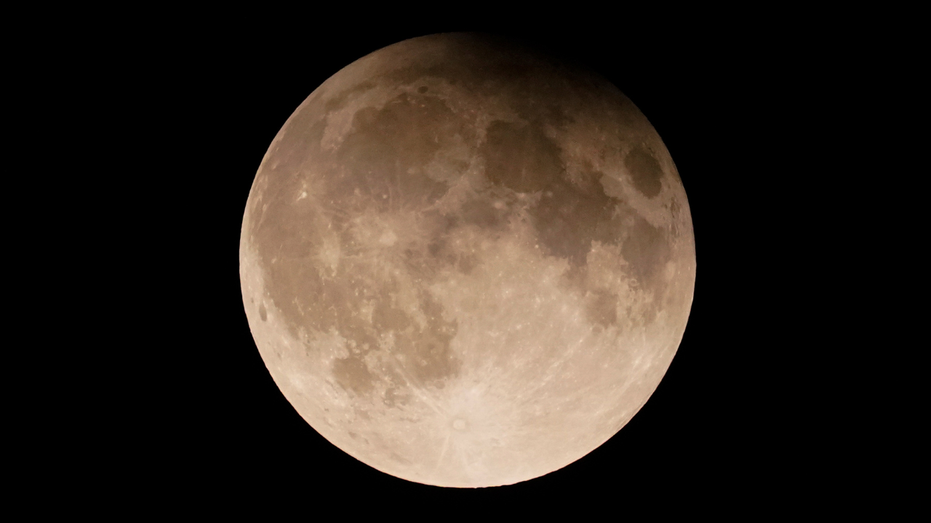With the emergence of cicada broods this summer, scientists have begun collecting specimens of cicada infected with a mysterious parasitic fungus that takes over the insects and turns them into hypersexual "zombies" on amphetamine with the aim of spreading the parasite to other hosts.
West Virginia University mycology professor Matt Kasson told The Associated Press that he traveled to the Morton Arboretum outside Chicago with his 9-year-old son Oliver and graduate student Angie Macias with the objective of tracking down infected cicadas.
The fungus, Massospora cicadina, infects cicadas and it turns the back part of their bodies into "a chalky mess of spores," Chicago's Field Museum told Fox News Digital earlier this month.
The fungus takes over a cicada's nether parts, dumping the genitalia and replacing them with what the Field Museum describes as a "fungal plug." The plug can get ripped open during the mating process, and the cicada will "fly around raining down spores, further spreading the fungus."
THE TRUTH ABOUT ‘ZOMBIE CICADAS’: 'THE FUNGUS CAN DO SOME NEFARIOUS THINGS'
When the fungus takes over a cicada, it produces amphetamine – the drug called speed – and is the only fungus on Earth to do so.
While infected cicadas are supposed to be rare, Kasson and his small team collected 36 during their brief hunt in the Chicago area. People, however, have already sent him an additional 200 or so from around the country. Kasson is waiting for an RNA analysis of the fungus.
THE CICADA INVASION HAS BEGUN! FIND OUT WHERE THE FLYING INSECTS ARE EMERGING
"This was a mycological oddity for a long time," Kasson told the AP of the mysterious fungus. "It's got the biggest genome. It produces wild compounds. It keeps the host active – all these quirks to it."
Experts say that while the fungus turns cicadas into drug-addled, sex-crazed "flying saltshakers of death," it poses no danger to humans or other animals.
Fox News' Christine Rousselle and The Associated Press contributed to this report.

 5 months ago
5 months ago










 English (US) ·
English (US) ·